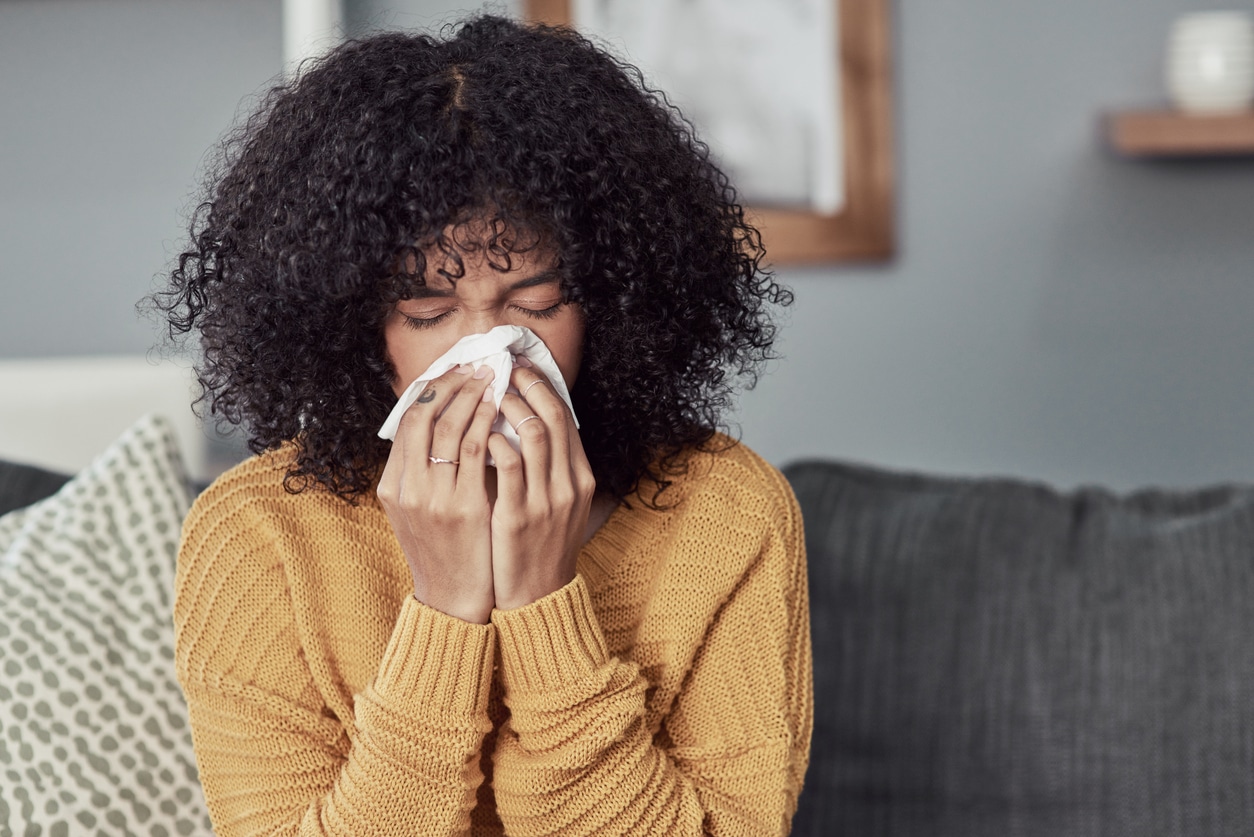Allergic reactions can range from mild to (rarely) life-threatening. Knowing the type of allergies you have, as well as your treatment options, is essential in managing your condition and finding relief. Let’s examine some of the more common treatments.
Avoiding Your Allergens

If you know you’re allergic to peanuts or that a chemical in certain lotions gives you a rash when you use it, the best treatment is to avoid coming into contact with these substances.
Depending on your allergy, complete avoidance of your triggers may not be a feasible option. For example, while you can minimize your exposure to pollen or dust mites, you can’t eliminate it completely. In instances where avoidance isn’t possible, medications may be useful.
Allergy Medications
Antihistamines are one of the more common medications used to treat mild allergies. Histamine is a chemical released in your body during an allergic reaction. It is responsible for symptoms such as:
- Sneezing
- Runny nose
- Congestion
- Itchy, watery eyes
- Rash
- Stomach discomfort
In many cases, over-the-counter (OTC) antihistamines like Claritin or Benadryl are enough to treat your symptoms. These can be found easily online or at nearby stores like Hannaford Supermarket.
Other OTC medications that can help treat allergy symptoms include decongestants, anti-inflammatories and topical creams.
Stronger medications are also available in prescription from your doctor.
Immunotherapy for Stubborn Allergies
If you have allergies that don’t respond to other treatments, you should make an appointment with an allergist to see if you may be a candidate for immunotherapy.
Immunotherapy involves building tolerance to an allergen by introducing it to the body in small doses over a period of time. It is commonly given as injections (allergy shots) at a clinician’s office. Immunotherapy is also sometimes offered in the form of allergy drops or tablets that you can self-administer at home.
Immunotherapy has shown to be incredibly effective for some types of allergies. For example, venom immunotherapy, given to people who have allergic reactions to insect stings has been shown to be 90 to 98 percent effective in preventing future allergic reactions.
If you are struggling with allergies or wish to schedule an appointment, contact the experts at Benjamin Liess MD today.